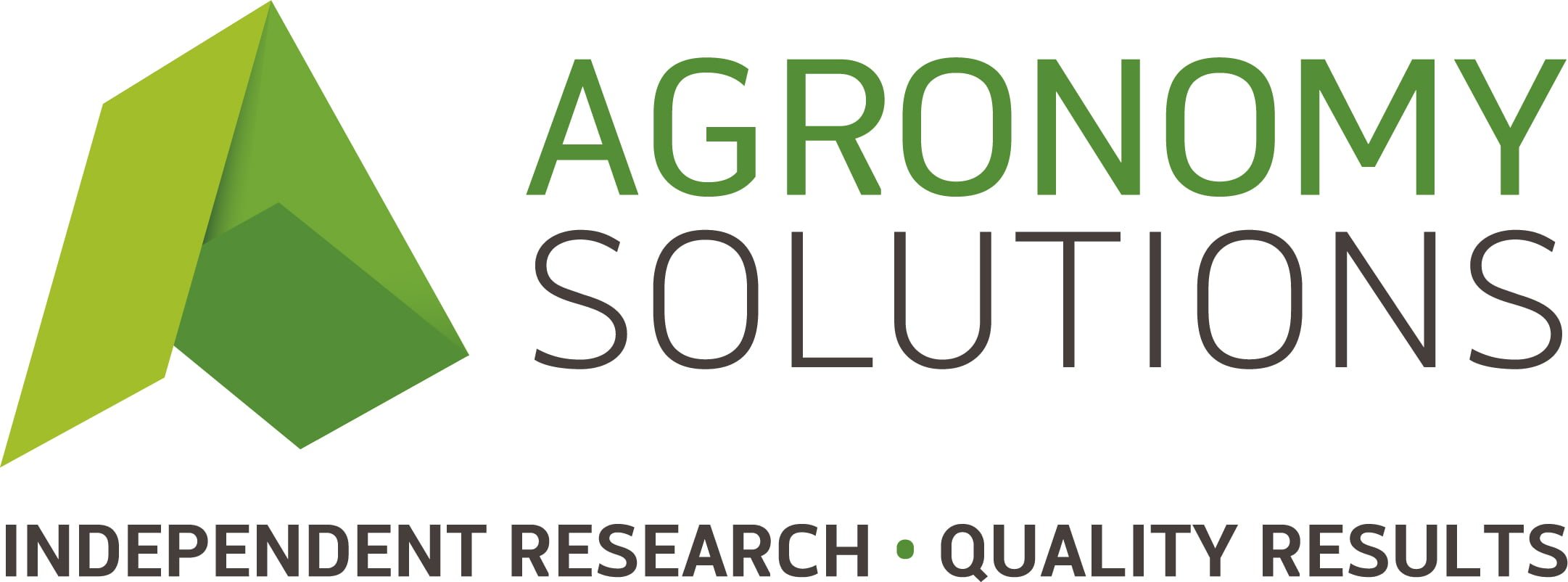Farmer Collaboration – Ashley Wakefield
Background
Agronomy Solutions is running South Australian Grain Industry Trust funded-trials across the state investigating the relationship between time of sowing and phosphorus rates.
Three field sites are being monitored over the next two years on the Yorke Peninsula and western Mid-North where soils have traditionally been recognised as lacking in P availability. These field trials follow on from initial glasshouse trials on P requirements and crop responses in 2016.
Research is in its early stages, however interim biomass estimates (through NDVI) are showing that the research sites are quite P deficient and responses to increases in P vary with sowing time.
One trial site location is based on the property of grain grower Ashley Wakefield at Urania, SA
Project Details
Ashley Wakefield
Property
1200 hectare cropping operation – wheat,
barley, lentils, chickpeas and canola
Project participants
SAGIT (AS216)
Locations
Urania
Collaboration
Ashley’s Yorke Peninsula location is well-known for having areas of low P and this is a constraint he identifies as needing managing across the majority of his property.
“We’ve been soil testing every 2-3 years and trying to at least put replacement P out every year and in some cases build up P levels,” he says.
“Inviting Agronomy Solutions to conduct trials on our property has allowed us to work with Sean on a personal level and adapt our operation to use his findings.”
Ashley says he is conscious of mining soil nutrients after years of maintaining fertiliser rates and experiencing quality crops.
“We know we may be mining our soil of existing P and nitrogen, so anything we can do to improve nutrient uptake when we apply fertiliser is important to us,” he says.
“We also have a high pH and P tie up is a big issue for us.”
Relationships and advice
Agronomy Solutions is passionate about agriculture and improving outcomes for all levels of the industry from partner research organisations and universities to agronomists, advisers and growers.
We recognise there is a knowledge gap in the important areas of soils and plant nutrition and with education and advice Agronomy Solutions hopes to arm its partners with the knowledge and support to tackle these constraints
